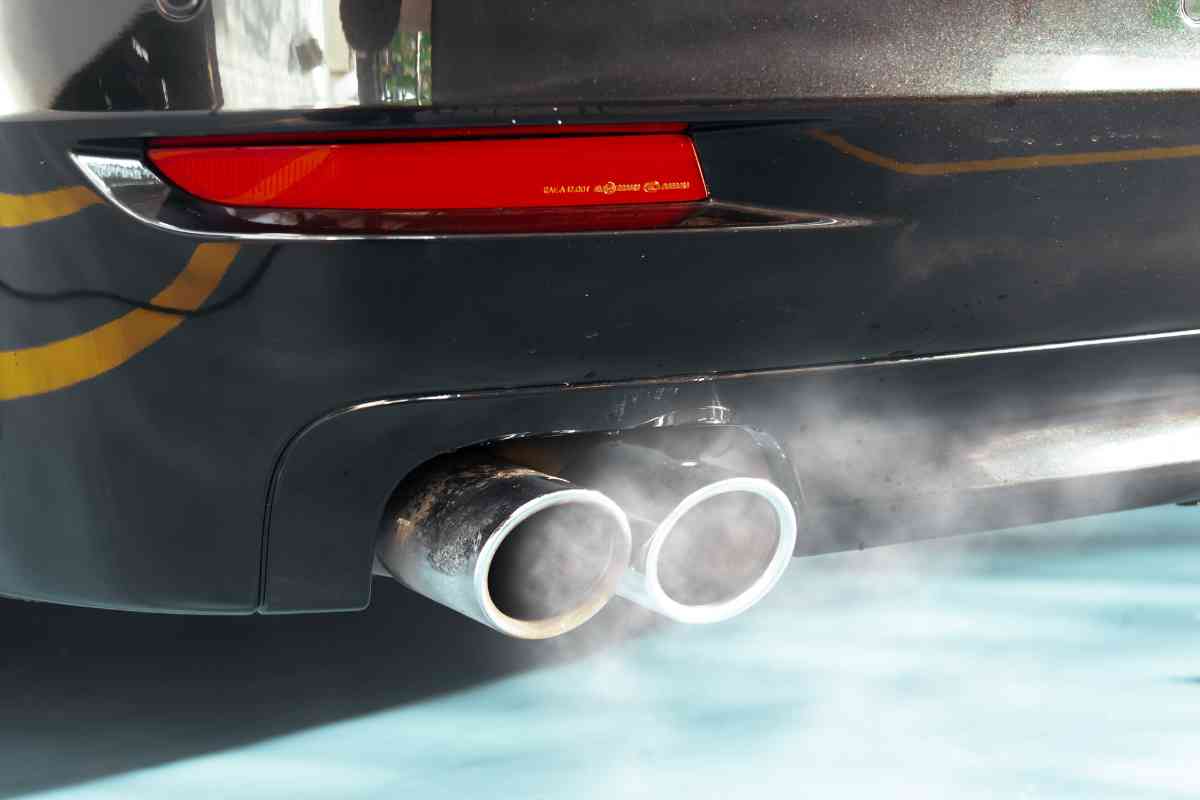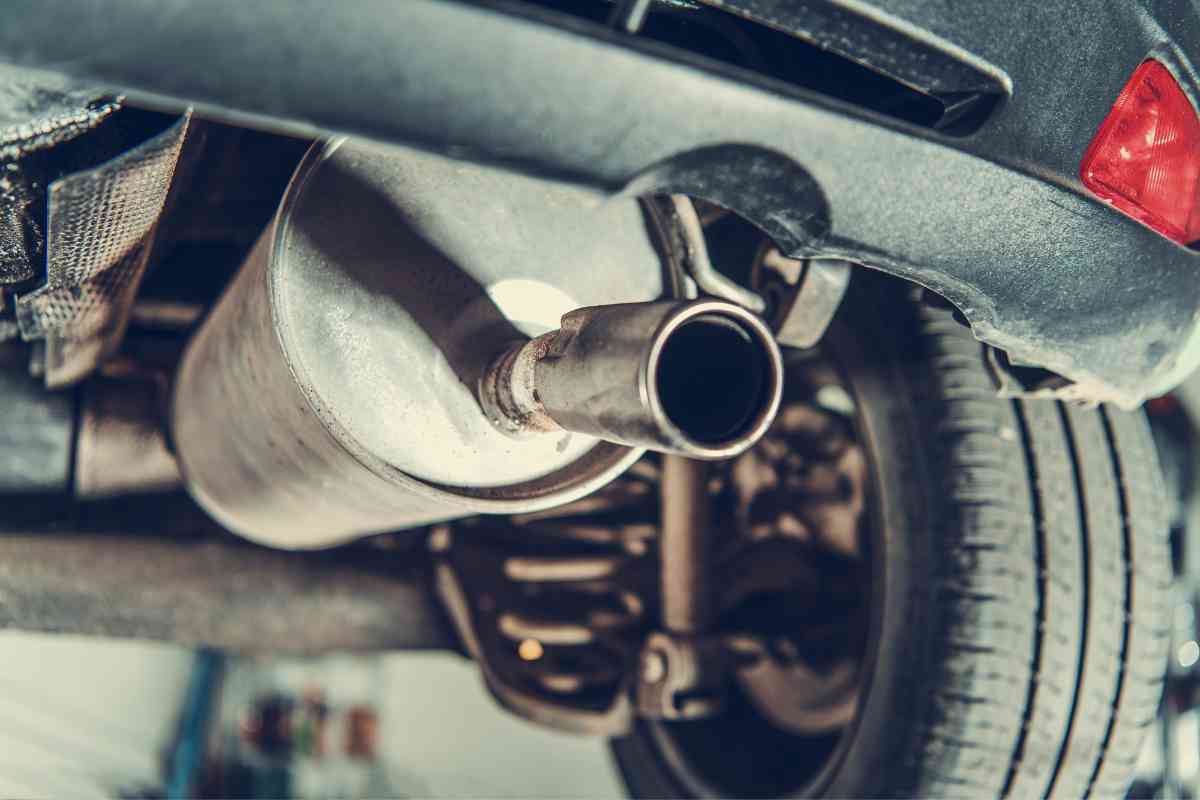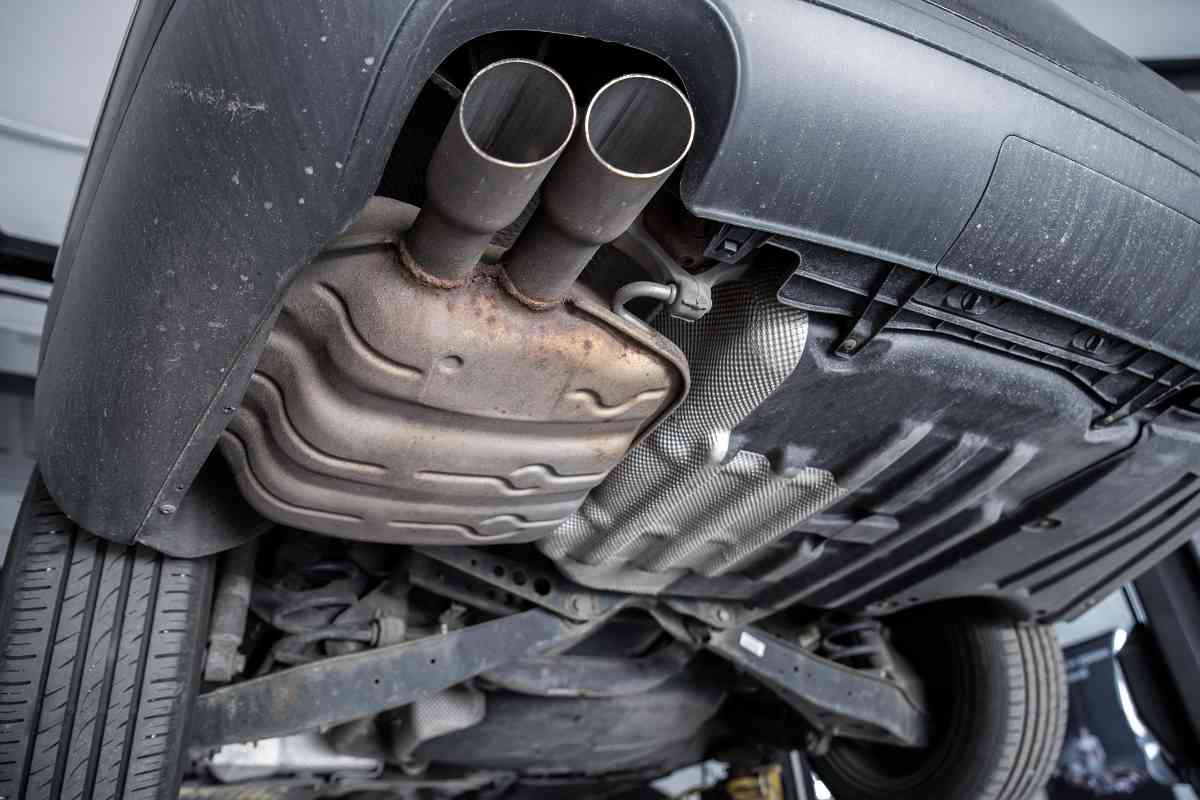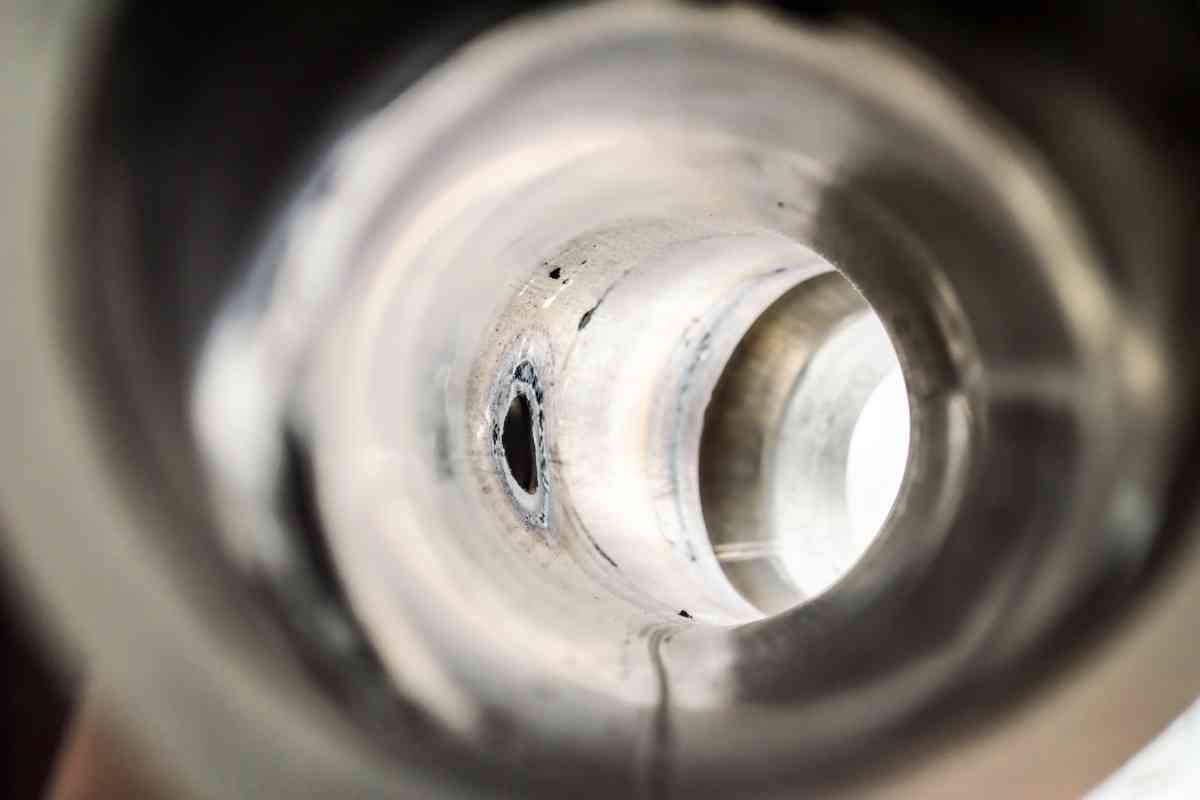How A Bad Catalytic Converter Can Make Your Car Backfire
Many different things can cause your car to backfire. Do catalytic converters cause backfire? Is backfiring dangerous for your car?

Does a catalytic converter cause car backfire?
Yes, problems with your catalytic converter can cause your car to backfire. If your catalytic converter isn’t working, unburned fuel will build up in it. Eventually, the fuel will ignite, creating a loud pop and making black smoke shoot out of your exhaust.
As a mechanic, I advise anyone to take their car to the shop if it is backfiring. While backfiring usually won’t damage your engine, it might be a sign of a problem that will get serious if you don’t take care of it.
What Happens When Your Car Backfires?
Sometimes, fuel escapes from your engine and enters the exhaust pipe. This leads to the fuel burning or exploding in your exhaust pipe instead of your engine. This makes a loud bang and makes black smoke shoot out of your exhaust pipe.
Is Backfire Harmful?
Most of the time, a backfire won’t do any damage. Having some fuel exploding in your exhaust system is less dangerous than you might assume.
It usually won’t damage your engine or anything else. It just makes for a rough ride due to the catalytic converter.
However, it is not always harmless. It is a sign of a problem that needs to be fixed and that might get worse if you don’t take care of it. Take your car to the shop and get it repaired.
Does Backfiring Cause Any Problems?

Even if backfires won’t damage your engine, they can cause smaller problems. They reduce fuel efficiency, and the loud sound can startle you.
Backfiring can be bad for the exhaust valves and the intake manifold. Backfiring can wear out your catalytic converter, which can lead to further backfiring. Eventually, damage to your catalytic converter can damage your engine.
While backfiring is not immediately dangerous, it is a sign of a problem that may get worse over time. Don’t think that backfiring is harmless.
Do Catalytic Converters Cause Backfire?
Yes, a faulty catalytic converter can cause a backfire. The catalytic converter is like a honeycomb that converts toxic gasses into harmless ones, reducing air pollution.
Not all fuel is burned in the engine, and some unburned fuel leaves in the exhaust. If the catalytic converter is worn out or damaged, unburnt fuel will get stuck in the catalytic converter and build up.
When there is enough unspent fuel in the converter, heat will ignite it.
Causes of Backfire
A bad catalytic converter is one of the most common causes of backfire. Two other common causes are the engine running rich and the engine timing not being right.
The Engine Running Rich
If there is too much fuel and not enough air going into your engine, your engine will run rich. Running rich is a problem because unburned fuel will end up in your exhaust, leading to backfires.
It also causes other problems. The engine needs fuel and air in the right proportions.

What Happens When the Engine Timing is Off?
Everything that goes on in your engine has to occur at precisely the right time for your engine to work properly.
verything has to be synchronized, and small problems with timing can cause significant problems with the engine.
The upper and bottom parts of the cylinder head have to be synchronized to prevent fuel from escaping. If the timing is off, the engine may ignite when the exhaust valve is still open. This will allow fuel to escape from the engine and burn in the exhaust pipe.
Other Causes
Backfire can happen because of:
- Your engine slowing down too quickly
- Your engine being too hot
- Gasoline that contains a lot of alcohol
- Improperly adjusted carburetor
- Problems with the carburetor or muffler
Driving With a Bad Catalytic Converter Might Be Illegal
Depending on where you live, there might be laws against driving with a catalytic converter that isn’t functioning. The point of a catalytic converter is to reduce air pollution, so laws may require you to have a working catalytic converter.
A Bad Catalytic Converter Can Harm Your Engine
Even though backfires aren’t likely to hurt your engine, a bad catalytic converter might. If the catalytic converter is clogged with rust and grime, exhaust won’t be able to escape easily.
This will reduce your engine’s performance and might eventually damage your engine. Your speed and acceleration will decrease, and it will get worse over time. You can clean your catalytic converter, but that will only get you so far.
You may also hear a rattling sound if your catalytic converter is broken.

Diagnosing a Bad Catalytic Converter
If everything is working properly, sulfur will burn up in your engine and not produce any smell. Therefore, smelling sulfur in your car means something is wrong with your catalytic converter or some other part of your car.
Sulfur smells a bit like rotten eggs and doesn’t smell the same as exhaust or fuel.
Replacing a Catalytic Converter
Replacing a catalytic converter is not cheap and will set you back around $1000 to $2500. This is not cheap, but it is better than damaging your engine, and it may not be legal to drive with a broken converter.
Key Takeaways
- Yes, a bad catalytic converter can lead to backfiring. This is one of the most common causes, along with your engine not getting enough air and your engine’s timing being off.
- Backfiring is not as dangerous as you might think it is. It isn’t likely to damage the engine. However, it is a sign that your car has a problem, and the problem might get worse if you don’t take care of it.
- A bad “rotten eggs” smell suggests that your catalytic converter is broken. Normally, the sulfur burns in your engine and does not produce any smell. However, it does smell bad if the catalytic converter isn’t working.
- Having a bad catalytic converter can eventually damage your engine. It can prevent exhaust from escaping, reducing your engine’s performance and eventually causing damage.
